This post contains affiliate links from which I may receive a small commission, at no extra cost to you. In no way does this affect my opinion or the information I provide on the product. Please read my disclaimer for more info.
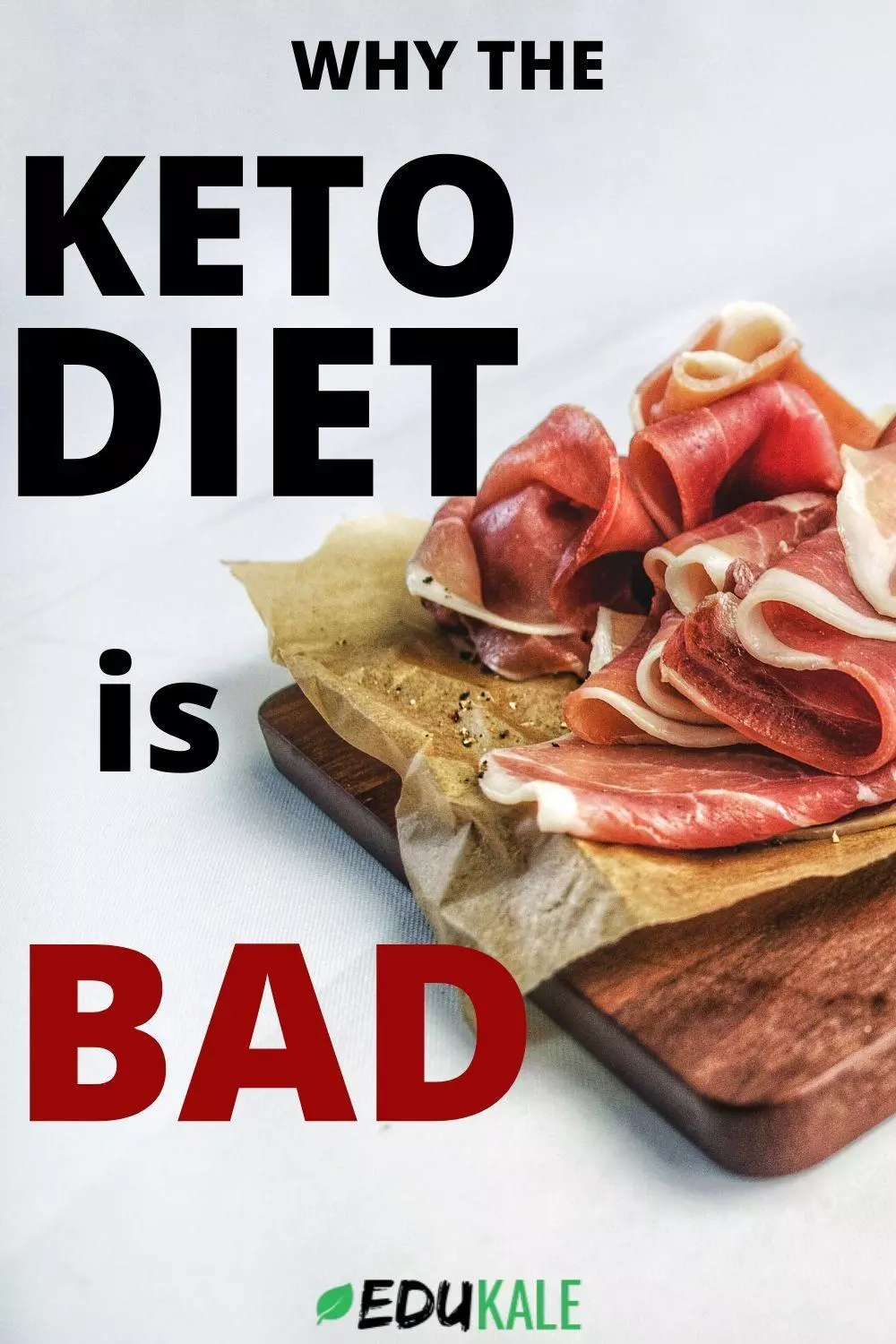
You’ve probably all heard about the ketogenic or “keto” diet before- or even tried it. While some prone its virtues, it’s actually a very unhealthy and even risky way to lose weight.
Sure, you might shed a great number of pounds in a short amount of time. But it won’t look so good on the inside. First of all, you’d have lost a lot of water weight so no great win there. Next, you’d gain all the weight back– and more- the second you went off the diet. And finally and most importantly, you’d be putting your body in a dangerous state. Don’t believe me? Well, here are the facts.

What is the keto diet?
The keto diet is a high-fat, extremely low carbohydrate diet that pushes the body into a different metabolic state called ketosis. Carbohydrates, or “carbs”, are the body’s main fuel. When you stop giving your body those carbs, it has to find an alternative way to function.
The chosen route then becomes burning stored fat in the form of fatty acids through beta-oxidation, creating ketone bodies. This product can give the body energy, but absolutely not the way biology intends it.
Ketone bodies are meant to be a safeguard source of energy when you have no source of glucose to power your brain. This was very useful for our ancestors when food wasn’t always available on-demand and still is today in cases of extreme exercise or intermittent fasting.
So why does this diet actually exist?
The ketogenic diet first emerged in the 1920s as a way to treat epilepsy in children and was rather successful in doing so. It had been observed that fasting had anti-seizure properties and that the keto diet would mimic the fasting state all while being sustainable.
While the diet was used to treat patients for a few decades, its popularity declined as new antiepileptic drugs became available.
However in recent years, the keto diet has resurfaced, but for different reasons. It has been claimed to induce drastic weight-loss, and its endorsement by several celebrities has made it all the rage.
What do you eat on the keto diet?
In order for your body to reach ketosis (and use fatty acids as energy instead of carbohydrates), the carb consumption has to be very low: under 20 grams a day.
For reference, the average Western diet contains at least 250 grams of carbs per day (on a 2000 daily-calorie basis). This means that most of your calories must come from proteins and fat.
Keto meals typically contain meat, low-carb vegetables and different sources of fats (nuts, avocados, oils, low-carb sauces…)
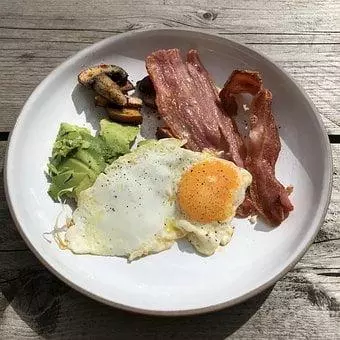
Does the keto diet work?
The short answer? NO. Not convinced? Here’s your long answer.
While certain studies have shown rapid weight-loss with this diet, it isn’t sustainable– and here are some other things to consider.
1) You might lose weight…but it will mostly be water.
When you deprive your body of carbohydrates, its main source of easily accessible energy, it’s going to turn to the next best thing: your glycogen sources.
Anytime the carbs you consume cannot be burned off right away, they are stored in the form of long glucose chains called glycogen. These chains hold many molecules of water along with the glucose, and when you start burning them off, you will lose a great deal of water, resulting in weight-loss.

Furthermore, eating sugar causes your insulin to spike, and insulin retains sodium. Retaining sodium means retaining water. This means that when you stop consuming sugar, you will produce less insulin, retain less sodium and therefore less water, contributing to a rapid weight-loss.
This does not mean that you are losing extreme amounts of fat, or that the diet is miraculous. It means, however, that fast weight-loss will come with any crash diet, not just the Keto diet.
In fact, studies show that the amount of pounds shed under different diets differs very little. Basically, as long as you restrict calories, you will lose weight.
It’s actually pretty simple: if you burn off more calories than you consume, your body will use your stored fat for energy, resulting in weight-loss.
So you might be thinking, well, what’s the problem? I want to lose weight! So what if some of it is water!
Well.
2) It will mess up your metabolism…and you’ll gain all the weight back.
First, let me say that it is absolutely possible to lose weight in a healthy, sustainable way- but absolutely not by crash dieting.
Following the keto diet, or any other calorie-restrictive diet, will cause your metabolism to plummet. If your body was used to burning off 3000 calories and you suddenly only give it 1500, it’s going to save energy by slowing down.
So you might lose weight fast in the beginning, but once you metabolism adapts, it’s going to slow down majorly. And worst of all? It’s incredibly hard to get your metabolism back up.
A study showed that people who had lost weight drastically still had their super slowed-downed metabolisms 15 years later!
Biology is the only reason behind it. If you lose a lot of weight in a short period of time, your body will fight to make you regain that weight because it sees this as being a dangerous situation. It doesn’t see that you are overweight to begin with.

Furthermore, it’ll prevent you from gaining muscle mass, which helps speed up your metabolism and therefore lose weight faster.
3) You’ll probably feel pretty bad.
Let’s say you’re able to follow the keto diet, manage to eat less than a banana’s worth of carbs each day, and achieve some weight-loss.
You’ll then be facing some other issues.
Sure enough, the keto diet excludes many fruits and vegetables, which are also great sources of vitamins and minerals.
Missing out on them will have a negative impact on your skin, your hair, your bones, your blood vessels, and your general immune system. Moreover, a lack of vegetables and grains translates into less fiber which means constipation. Not fun.
Finally, the excess (probably saturated) fat you are consuming on the keto diet isn’t good for your heart or your liver.
Another element to take into account, although no studies currently back this claim, is the keto flu. Sure enough, many people report feeling flu-like symptoms a few days after starting the keto diet.
Symptoms include headaches, fatigue, nausea, poor concentration, irritability, and dizziness. While what causes these symptoms is unclear, it could be from the sudden sugar withdrawal your body has to deal with.
It’s important to remember that glucose is the body’s natural way of producing energy. Using ketone bodies as energy is what happens during fasting, when your body is in starvation mode.
It is not sustainable long-term.
Why would anyone who can avoid it want to put their body through that?
The keto diet in conclusion…
Beware of diet scams trying to sell you THE miraculous weight-loss solution: there is no such thing.
The keto diet shouldn’t be seen as a diet for people looking to lose weight but as a medical treatment for people with conditions such as epilepsy. While it can have benefits in those specific situations, it remains frankly useless at best and downright dangerous at worst.

Instead of the keto diet, here’s what will work, though.
Eating a lot of fresh fruits and vegetables, whole grains and beans, and cutting down on processed foods and anything containing too many additives. Including plenty of physical activity is also crucial: it’ll keep your metabolism high and help you feel amazing.
These are all things I’m sure you already know- so it’s time to get into them once and for all!
-Lucie
Have you ever tried or wanted to try the keto diet? Did it have any effect on your body?
Share your experience in the comments!
Disclaimer: I’m not saying it’s impossible to lose weight or to be generally healthy on the keto diet– everybody is different. I just genuinely think there are better ways to be healthy and lose weight than to follow this very restrictive diet. It’s very important to inform yourself thourougly before going on any type of diet.
History of the keto diet
Keto diet and cardiovascular health
Side effects of the keto diet
Is the keto diet safe
If you’re interested in nutrition, its impact on our health, and the science behind it, you should definitely read How Not to Die. In this book, Doctor Michael Greger, founder of Nutrition Facts, examines the top causes of death in America and explains how your diet can prevent— and in some cases even reverse— them. His advice is all backed by science and he writes in a very clear and entertaining way. This book isn’t a list of what you already know. It will teach you the keys to living a long healthy life, in a simple and practical way, and without spending fortunes on supplements and pills!
PLUS if you want to take it a step further, you can check out the How Not to Die Cookbook to implement the advice easily!

Welcome!
I'm Lucie, the nutritionist behind Edukale! If you'd like to learn more about me, click HERE !
Read More!
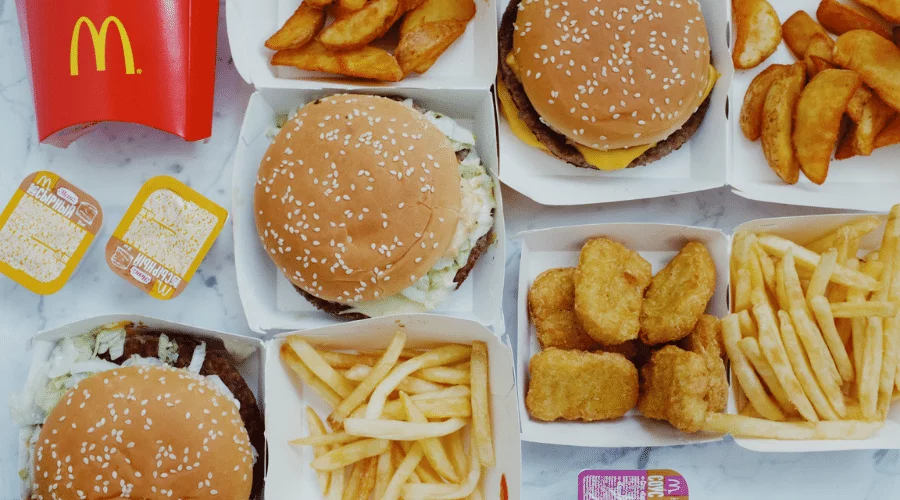
The truth about processed foods
You’ve probably heard that it’s best to reduce your intake of “processed foods” for healthy eating, and increase your intake of whole foods for optimal health.

The Best Foods to Fight Fatigue
Do you feel like you’re always tired and that you need multiple coffees to get you through the day?

how to find the balance between healthy eating and dieting
It can be hard to find the right balance between healthy eating and dieting without becoming obsessed with food.

Can you use food as medicine?
“Let food be thy medicine, and let medicine be thy food.” We’re all familiar with this quote attributed to Hippocrates, and we all know the huge impact our food choices have on our health.

How to finally stop overeating for good!
Overeating means eating past your body’s actual needs, and it can be rather uncomfortable.
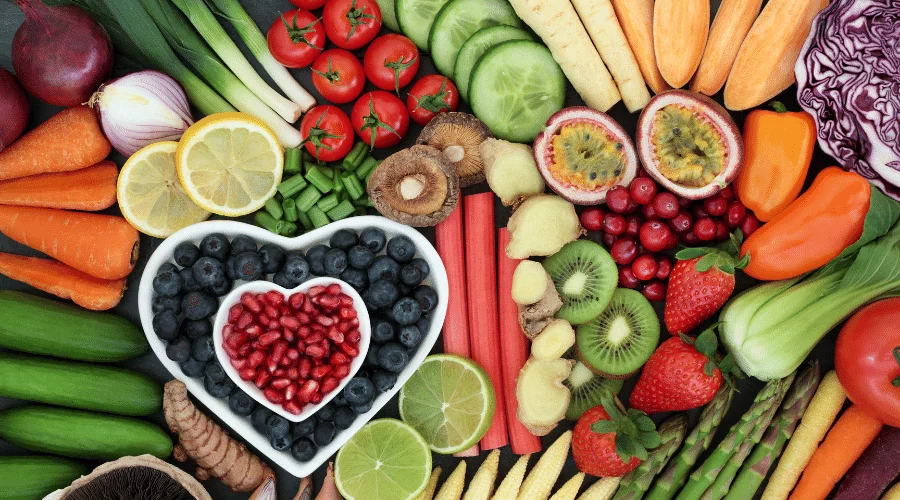
The anti-inflammatory diet: get rid of inflammation
You’ve certainly heard about the anti-inflammatory diet before and the benefits it could have on your body.
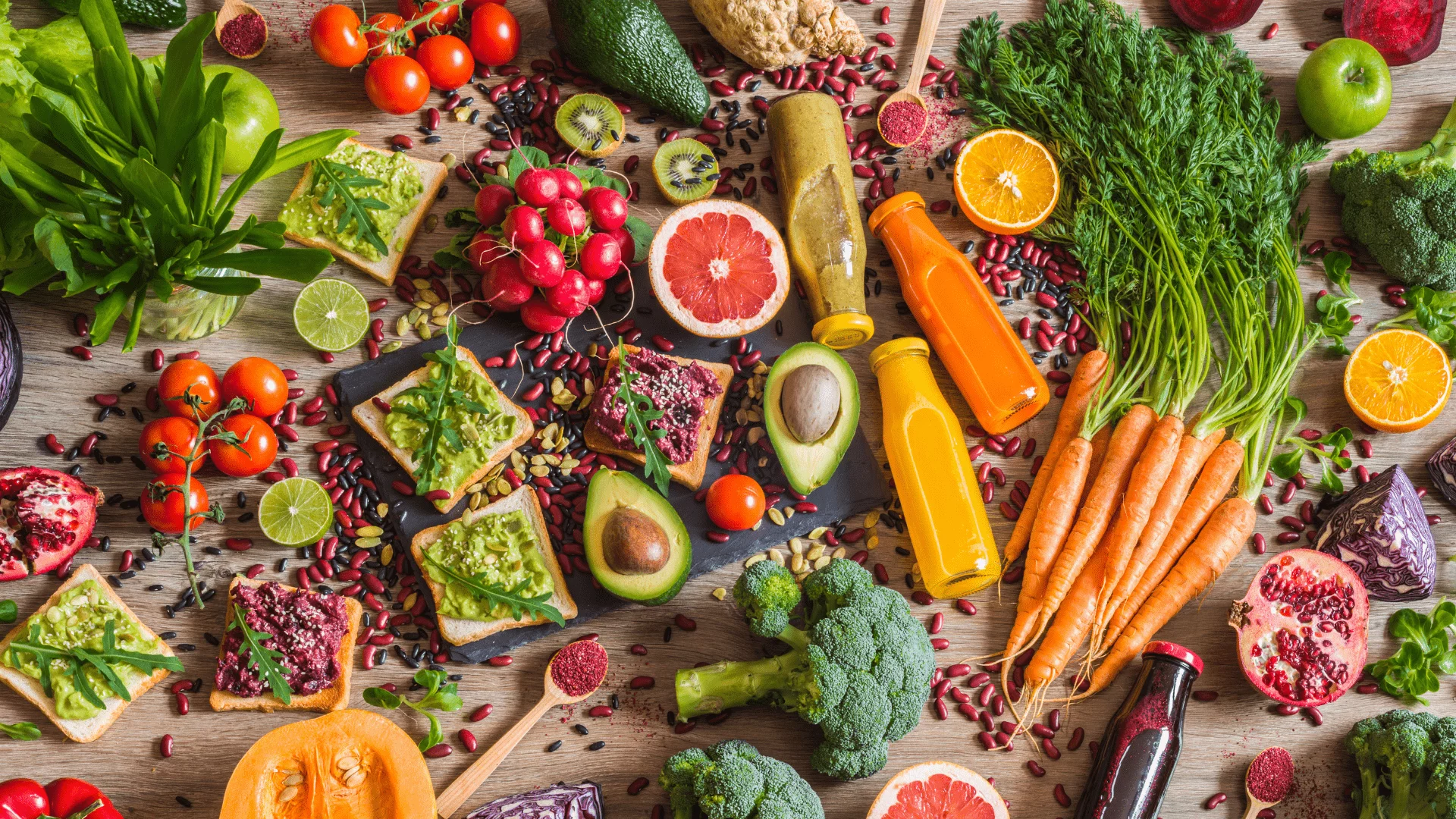
The complete beginner’s guide to veganism
Even though you can absolutely be healthy on a diet that includes animal products, the scientific consensus shows that increasing your consumption of plant-based foods is what is best for health.

Physical vs emotional hunger—learn the difference
You may be aware that physical hunger is not the only type of hunger that exists. There are actually two main types of hunger: physical hunger and emotional hunger



Comments are closed.